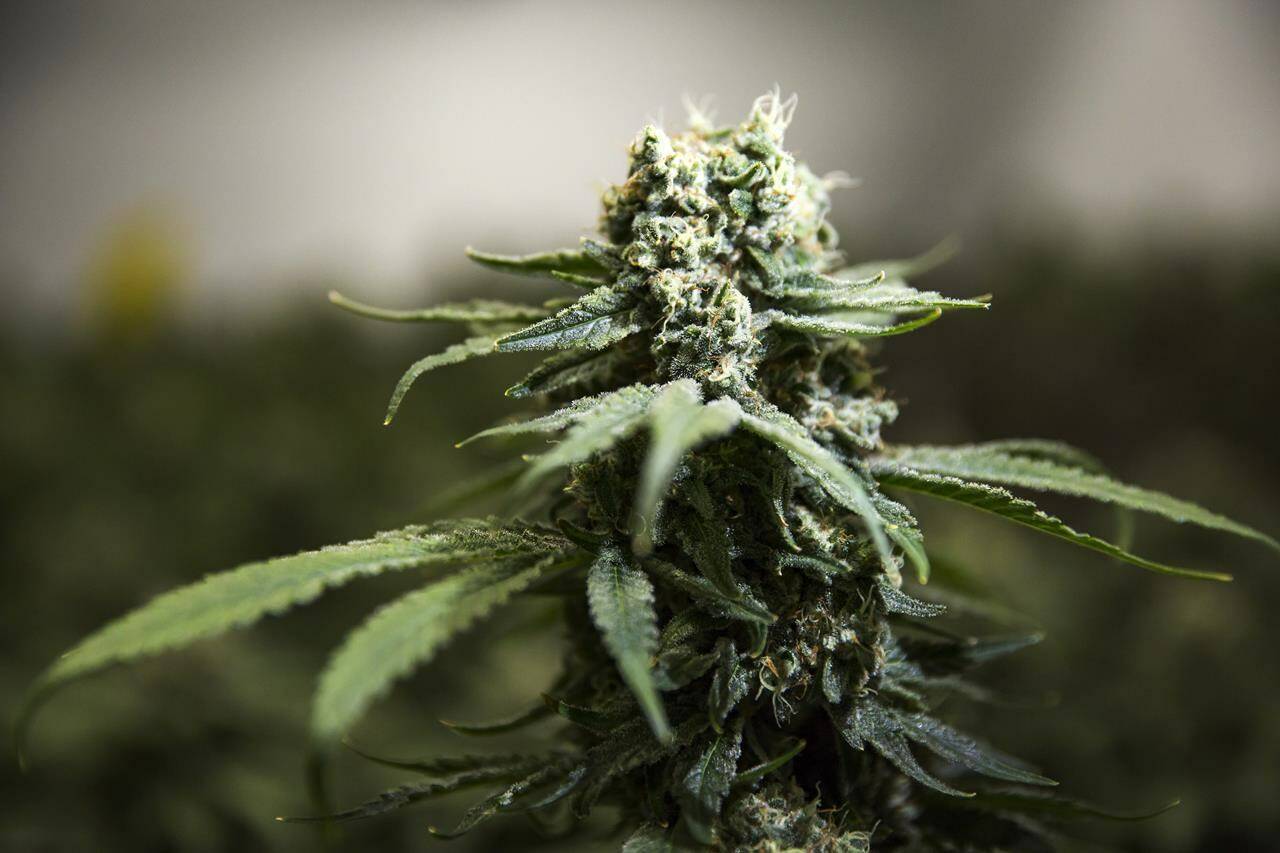Cannabis has boosted Canada’s gross domestic product by $43.5 billion, including $13.3 billion in Ontario since recreational pot was legalized in October 2018, says a new study.
The report released Tuesday by Deloitte Canada and provincial pot distributor, the Ontario Cannabis Store, said for every dollar in revenue or capital expenditures, the industry adds about $1.09 to Canada’s GDP and $1.02 to Ontario’s from legal purchases.
The report offers a window into how the Canadian cannabis industry has impacted the country’s finances over the last few years and ultimately, concludes that the sector is “already an important source of economic growth.”
“In the span of three years, the Canadian cannabis sector has found its footing and emerged as a thriving new source of economic growth, creating and supporting tens of thousands of jobs in communities countrywide,” the report said.
“As the sector grows and matures, realizing the return on its significant capital investments to date, we should expect it to make an increasingly strong and positive impact on national and provincial economies.”
READ MORE: Failing to flower: B.C.’s promise as a craft cannabis hot spot still stunted
The report found that the industry is responsible for 151,000 jobs and said for every million dollars in revenue or capital expenditure, the cannabis sector sustains about four jobs in Canada and Ontario each.
The research also estimates that the industry has generated $15.1 billion in Canadian tax revenues and $3 billion for Ontario.
Consumer purchases alone generated $2.9 billion in sales and excise taxes.
At the Ontario level, the report estimate cannabis retailers and producers were responsible for $142 million in direct taxes, $1.2 billion in indirect taxes, and $673 million in other taxes, while consumer purchases contributed $1.0 billion in sales and excise taxes.
The report also offered a peek at diversity within the sector and how little it has evolved since legalization.
“Before legalization in October 2018, nearly all the 45 federally licensed cannabis producers were run by Caucasian men, some of whom had prior experience in the cannabis ‘grey market,’” the report said.
“The situation hasn’t changed much in the years since legalization.”
The report pointed to a 2020 study from the Centre on Drug Policy Evaluation and the University of Toronto that revealed racialized men and women were significantly under-represented among cannabis company executives and directors.
Find the latest must-read stories from the cannabis world at canadianevergreen.com, your go-to source for news, trends, products and lifestyle inspiration from the cannabis community and beyond. You can also follow us on Facebook and Instagram and Twitter.

